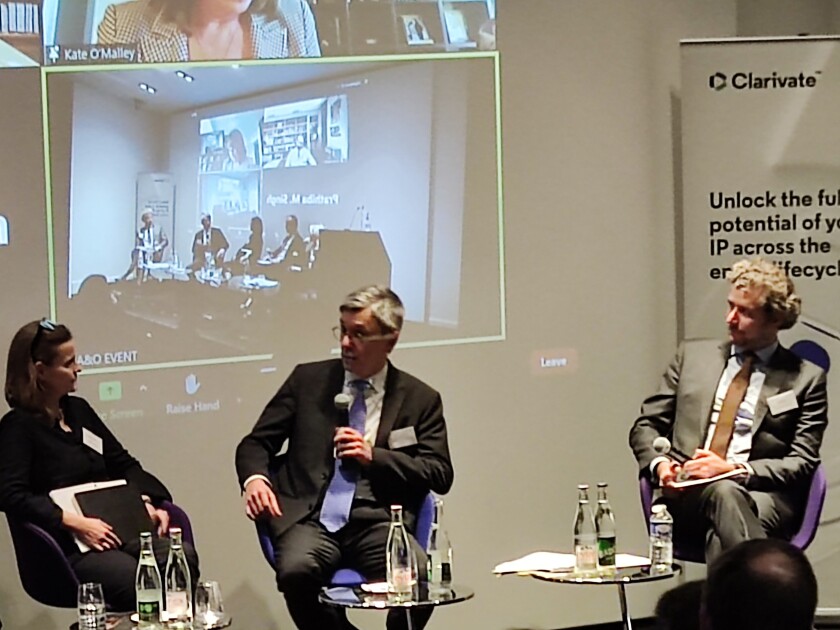The Unified Patent Court could issue new guidelines on how to manage judicial conflicts of interest before the new system opens next year, the UPC’s chief judge has revealed.
Klaus Grabinski, president of the UPC Court of Appeal, made the comments exclusively to Managing IP in what was his first interview since he was appointed in October.
The chief judge was speaking to Managing IP live on the sidelines of the 5th Annual Paris Conference on Standard Essential Patents.
He was responding to the controversy over the selection of part-time technically qualified judges. Those judges will continue to practise in law firms or attorney firms while sitting at the UPC.
Grabinski said the Presidium of the UPC will consider whether to include guidance on potential conflicts in a judicial code of conduct before the UPC Agreement (UPCA) enters into force.
“We could be more precise in drawing the borderlines with regard to conflicts of interest for part-time judges,” he suggested.
The UPC chief judge added, however, that the use of such judges was a common feature in some UPC member states.
The UPCA is currently scheduled to enter into force on April 1, according to the UPC’s projected timeline.
In the interview, Grabinski also spoke about a likely divergence between the US and the UPC on the availability of injunctive relief, and endorsed the comments of Rian Kalden, his colleague on the UPC Court of Appeal.
Kalden, a Dutch judge, told a conference in Brussels last week that the UPC would not follow a US-style approach, which has effectively done away with injunctive relief in patent cases.
Grabinski also spoke about which aspects of the new system he was most looking forward to, and addressed concerns over the court’s electronic case management system.
The full interview will be published on Managing IP tomorrow, November 24.











